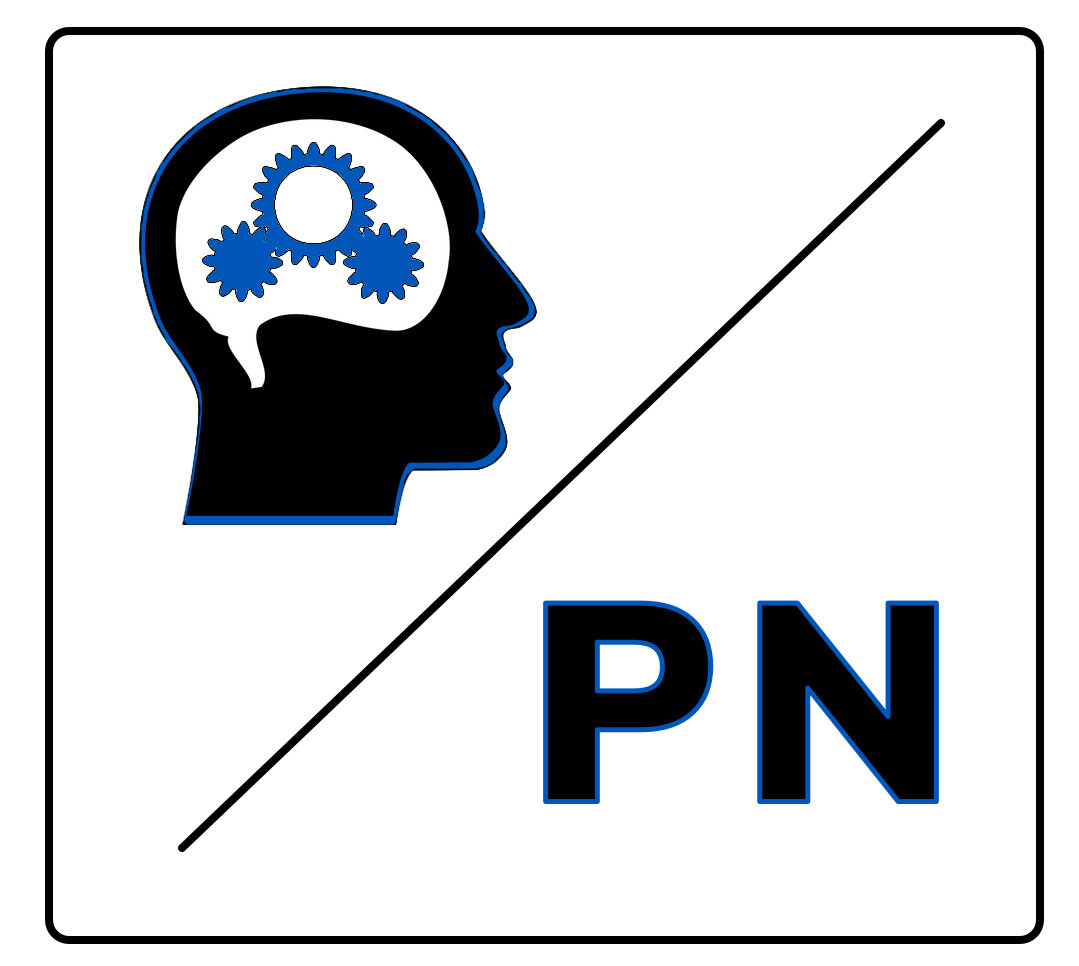How Semaglutide Talks to Your Brain to Control Appetite
Link: ScienceDaily – Appetite-suppressing brain circuit for semaglutide discovered
What the Study Did: Researchers at UC San Francisco mapped the brain circuit in mice responsible for semaglutide’s appetite-suppressing effects. They found that neurons in the dorsal vagal complex mediate this effect without causing nausea.
Summary: Identifying separate pathways for appetite control vs. nausea may lead to more tolerable GLP-1-based treatments.
Why It Matters: Understanding brain targets helps refine obesity and diabetes treatments.
Patient Takeaway: If you’re using medications like semaglutide, neuropsych evaluations can monitor any cognitive or emotional side effects.
